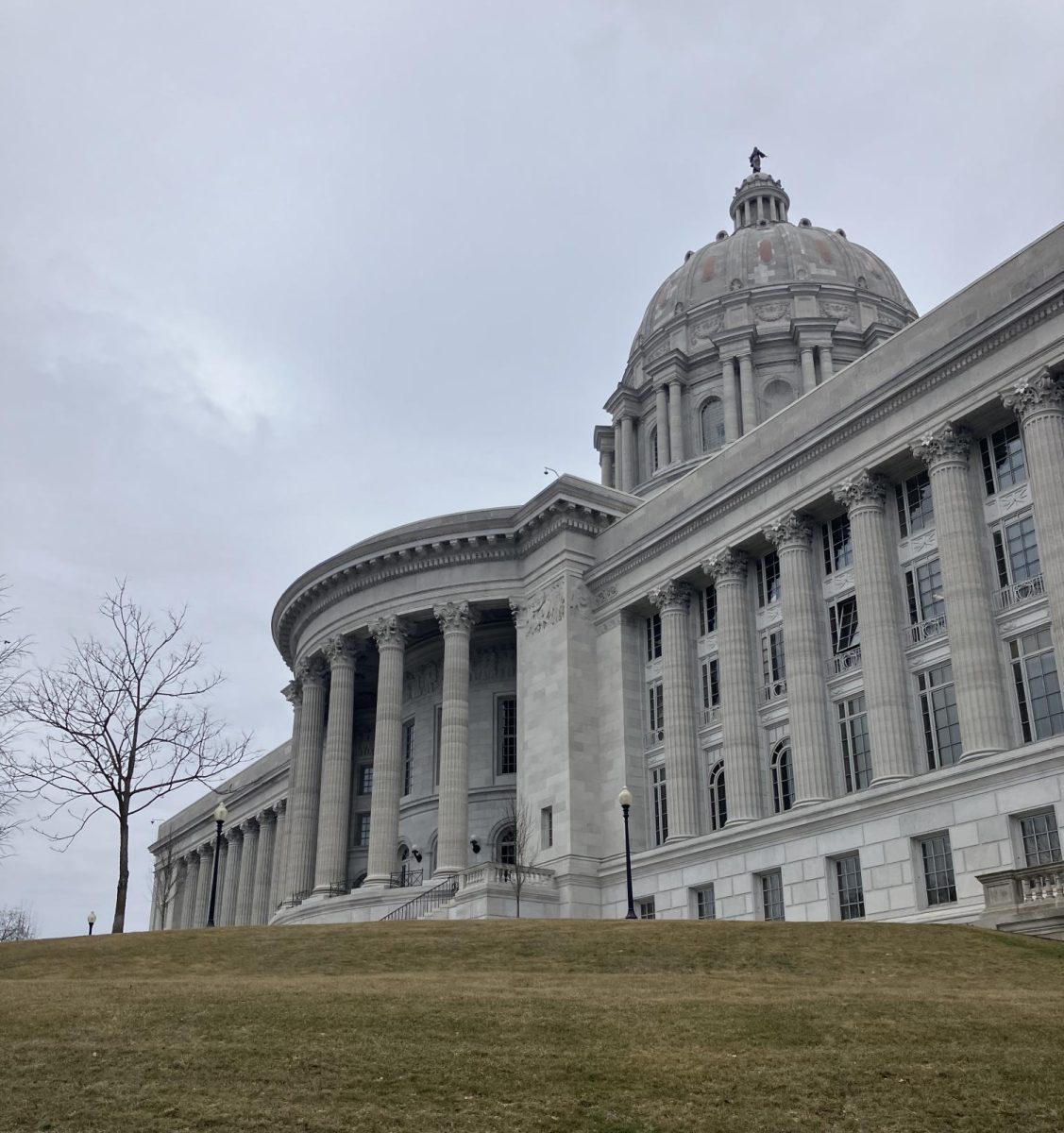Although it may not be obvious in Ladue or the larger St. Louis area, poverty in America remains rampant and is growing. According to the American Prospect, more than one in five children under 18 and one in four kids under six lived below the poverty line in 2012. According to the US Census Bureau, 37.9 million Americans lived below the poverty line in 2022. A study by the Brookings Institution showed that America’s child poverty rate doubled between 2021 and 2022. And according to the US Department for Veteran Affairs, tens of thousands of veterans are currently homeless. Be it in the crowded streets of cities or the backwater “flyover states,” poverty in America is harrowing and omnipresent.
Logic would have it that impossibly large problems would require impossibly expensive solutions. At least, that’s the excuse politicians give to wage sensationalistic culture wars instead of talking about pressing issues such as poverty, homelessness, drug abuse and more. However, not only are our “unsolvable” problems completely solvable, doing so would be completely feasible. According to Bloomberg, $8.1 billion per year for the next 12 years, or roughly $100 billion total, could build 112,000 apartments over the next year, solving California’s homelessness problem. California is by far the state with the largest homeless population. Logically speaking, the amount of money necessary to solve homelessness in America as a whole would not be much greater. Furthermore, according to the American Prospect, $175 billion, a mere 1.08% of the GDP, could raise every American citizen above the poverty line. Even universal free healthcare, which almost all American politicians claim is unattainable, would cost around $3-4 trillion per year, according to the KFF. This translates to roughly 13% of our GDP, based on our 2021 GDP of $23.2 trillion (for reference, according to a 2022 study by the OECD, the average single worker paid 24.8% of their income in taxes in 2022, and free healthcare would actually decrease expenses for most Americans). And while these numbers may seem daunting, most of them pale in comparison to the things the government actually spends money on.
Case in point: the military. According to the Department of Defense, the military spent $816 billion in 2023, proving beyond any doubt that the government is perfectly capable of spending large amounts of money without batting an eye.
While one might argue that this money is strictly necessary for “national security,” much of this money is lost to corruption or otherwise disappears.
For example, in 2015, a report from the Special Inspector General for Afghanistan Reconstruction revealed that only $21 billion of $66 billion it had spent on rebuilding Afghanistan (which it destroyed in the first place) could be accounted for. In addition, of $57 billion given to the Afghan forces, only $17 billion could be accounted for.
And it’s not just Afghanistan. According to the Intercept, the Pentagon recently failed its sixth audit (as well as every one before) and is seemingly unperturbed with the fact that it has repeatedly lost astronomical sums of money. According to a column by Newt Gingrich in the New York Sun, the Pentagon’s missing assets are currently valued at $1.9 trillion. Trillions of dollars (yes, trillions) that could have been spent on homes for the homeless and uplifting the impoverished were literally just lost or stolen.
The US government is completely fine with spending (and losing) the amounts of money necessary to solve the ostensibly “unsolvable” problems plaguing our nation.
Needless to say, solving our “unsolvable” internal problems would be far more productive than funneling more money into the Military-Industrial Complex. An investment in the people would be the gift that keeps on giving. It would create jobs and futures. It would rebuild our cities and revive our countryside. When it comes to the future of our nation and our people, a penny spent now is a dollar saved later.
It will not be easy. It may take years, or even decades. But America has always had the strength to achieve this goal.
So haven’t we?
The very simple answer is that it doesn’t profit the elites. They would much rather keep taxes low, and when they do get taxed, they prefer for it to be spent on securing “American interests” abroad.
But let there be no illusions. The wars that our government chooses to wage are not wars on our behalf. The bombs that fell on countries like Iraq and Afghanistan and are falling on Gaza right now harm Americans too. They crack our streets, shake our bridges and drag our people into poverty. Just now, as I write these very words, America is preparing for war against Yemen, an impoverished nation that is currently undergoing a famine, all while our own country slips into oblivion.
America was founded on the idea of a government of the people, by the people, and for the people.
The government we have now is many things, but it is not that.










grace • Mar 24, 2025 at 7:25 am
w post